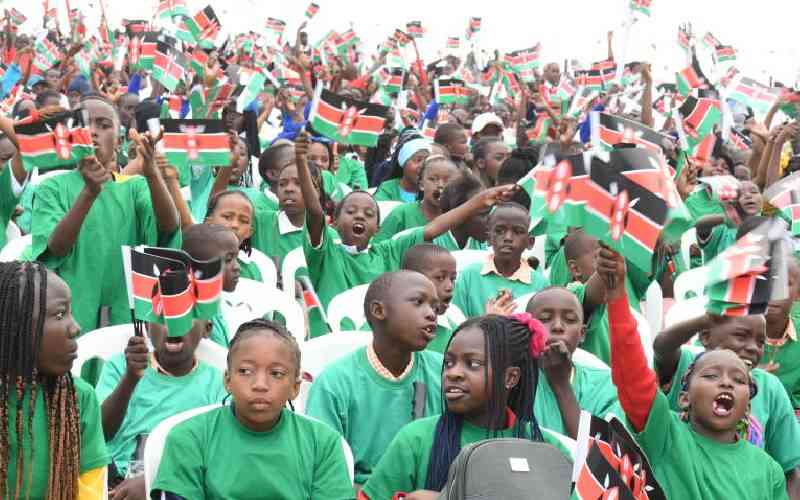×
The Standard e-Paper
Kenya’s Boldest Voice

Kenya finally turned 60 last week. Credit must go to the organisers for the great jamboree at Uhuru Gardens.
My highlight was the granting of high-level state awards to our sports people. We need to institutionalise celebrating these great Kenyans who keep our flag flying high, even when our profile is wanting.